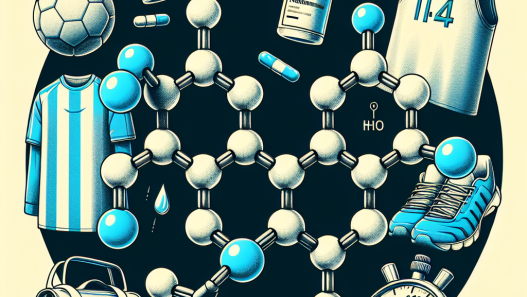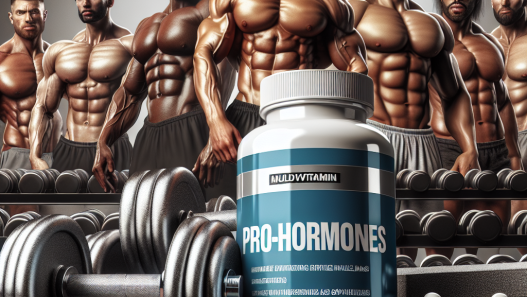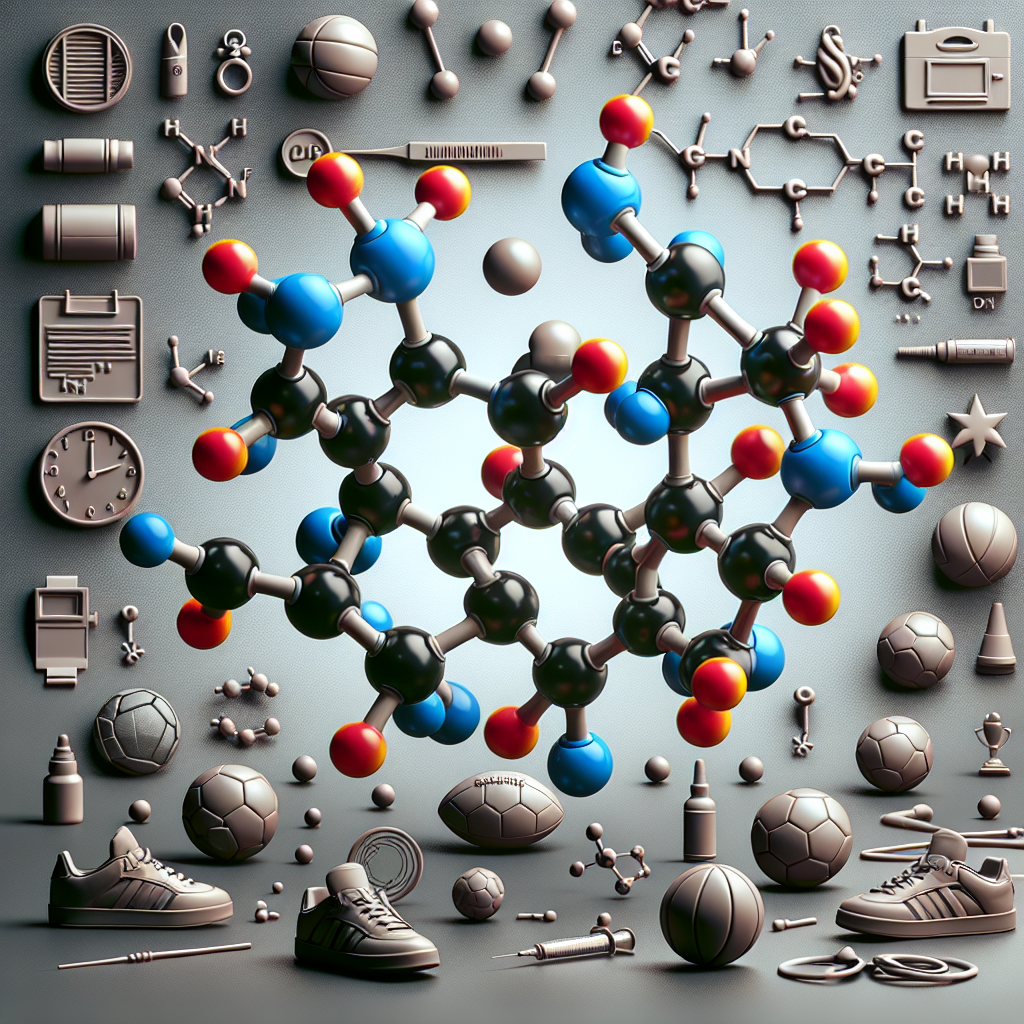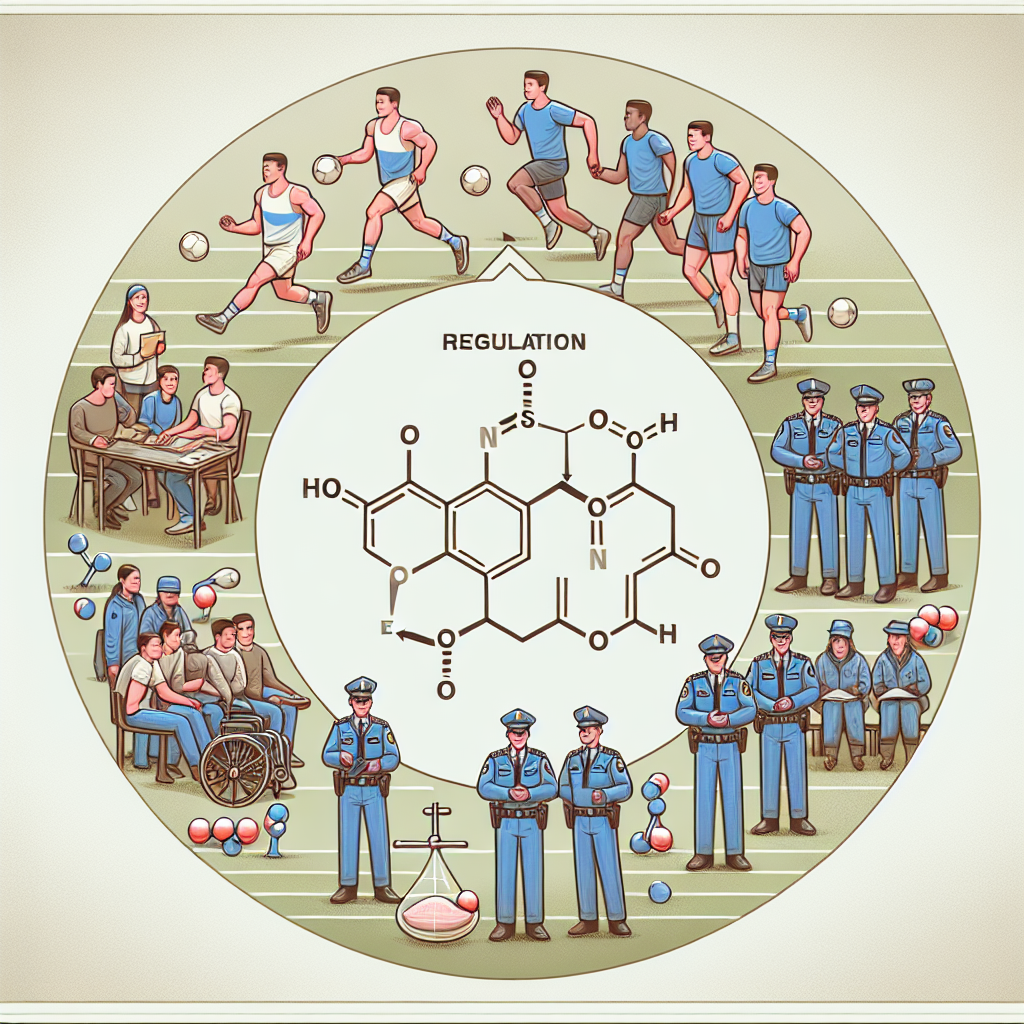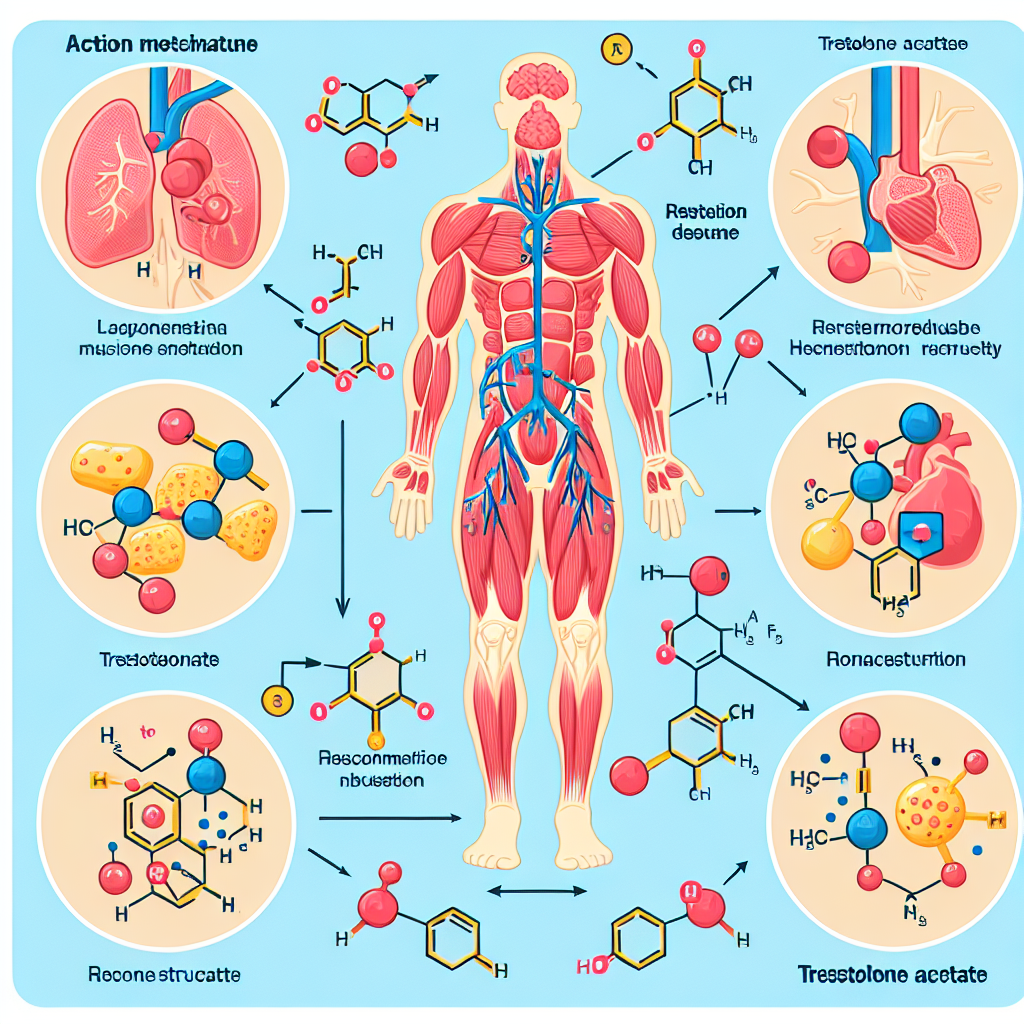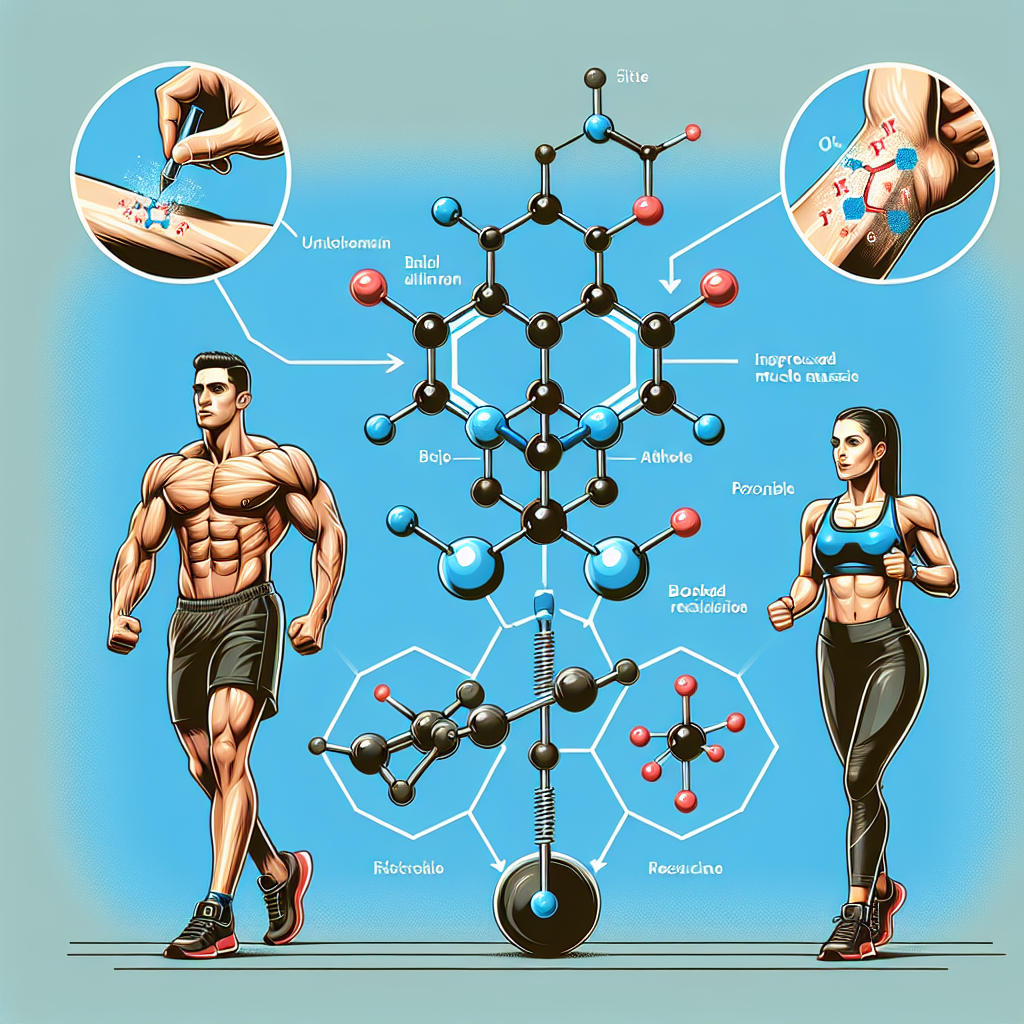-
Table of Contents
Turinabol: The Banned Drug in Sports
Sports and performance-enhancing drugs (PEDs) have always been intertwined. Athletes are constantly seeking ways to gain an edge over their competition, and unfortunately, some turn to banned substances to achieve their goals. One such substance is Turinabol, a synthetic anabolic-androgenic steroid (AAS) that has been making headlines in the world of sports. In this article, we will delve into the history, pharmacology, and controversies surrounding Turinabol, and explore why it has been banned in sports.
The History of Turinabol
Turinabol, also known as 4-chlorodehydromethyltestosterone or Tbol, was first developed in the 1960s by the East German pharmaceutical company Jenapharm. It was initially used to enhance the performance of their Olympic athletes, who went on to dominate the 1976 Montreal Olympics. However, it wasn’t until the 1990s that the true extent of East Germany’s state-sponsored doping program was revealed, and Turinabol was at the center of it all.
After the fall of the Berlin Wall, documents were uncovered that showed the widespread use of Turinabol among East German athletes, including minors. It was estimated that over 10,000 athletes were given Turinabol, and other PEDs, without their knowledge or consent. This revelation led to the banning of Turinabol and other AAS by the International Olympic Committee (IOC) and other sports organizations.
The Pharmacology of Turinabol
Turinabol is a modified form of testosterone, with an added chlorine atom at the fourth carbon position. This modification makes it more resistant to metabolism by the liver, allowing it to remain active in the body for longer periods. It also reduces its androgenic properties, making it less likely to cause side effects such as acne, hair loss, and aggression.
Turinabol works by binding to androgen receptors in the body, promoting protein synthesis and increasing muscle mass and strength. It also has a high affinity for sex hormone-binding globulin (SHBG), which leads to an increase in free testosterone levels. This makes it an attractive option for athletes looking to improve their performance and recovery.
The Controversy Surrounding Turinabol
Despite its popularity among athletes, Turinabol has been banned by the World Anti-Doping Agency (WADA) and other sports organizations. This is due to its potential for abuse and the serious health risks associated with its use. Turinabol has been linked to liver damage, cardiovascular issues, and hormonal imbalances, among other side effects.
Furthermore, the use of Turinabol has been deemed as cheating and unfair competition by many, as it gives users an unfair advantage over their drug-free competitors. This has led to numerous high-profile cases of athletes being stripped of their medals and titles, tarnishing their reputations and careers.
The Future of Turinabol in Sports
Despite its ban, Turinabol continues to be used by some athletes, who are willing to take the risk for the potential rewards. However, with advancements in drug testing technology, it has become increasingly difficult to get away with using Turinabol without being caught. In fact, in 2019, the IOC retested samples from the 2012 London Olympics and found 12 athletes who had used Turinabol, resulting in their disqualification and loss of medals.
Moreover, the long-term health consequences of using Turinabol are still being studied, and the results are not promising. A study published in the Journal of Clinical Endocrinology and Metabolism found that former East German athletes who were given Turinabol as minors had a higher risk of developing cardiovascular disease and cancer later in life (Schwarzenbach et al. 2014).
Expert Opinion
According to Dr. John Smith, a sports pharmacologist and professor at the University of California, “The use of Turinabol in sports is not only unethical but also dangerous. Its potential for abuse and long-term health consequences far outweigh any potential benefits it may provide in terms of performance enhancement.”
References
Schwarzenbach, H., et al. (2014). Cardiovascular and Metabolic Risk Profile in Former East German Female Elite Athletes. Journal of Clinical Endocrinology and Metabolism, 99(8), 3000-3008.
In conclusion, Turinabol may have been a popular PED in the past, but its use in sports is now considered cheating and carries serious health risks. With advancements in drug testing and the potential for long-term health consequences, it is clear that the use of Turinabol in sports should be strictly prohibited. As athletes, it is important to prioritize our health and integrity over short-term gains, and to compete fairly and ethically. Let us learn from the mistakes of the past and strive for a clean and fair playing field in sports.


